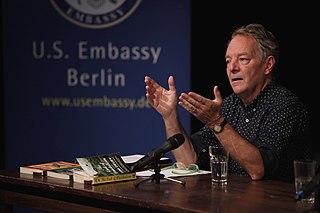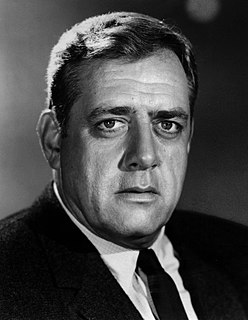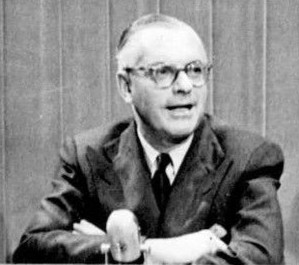A Quote by Tom Drury
My dad read, I think, the Perry Mason mysteries and Zane Grey and some humor compendiums... And then at one point, the bookmobile started coming to town. That was really cool. I mean, that was when I read my first Raymond Carver story. I think that was probably 1969 or so. I must have been 13.
Related Quotes
I think that when you're depressed, you can't concentrate long enough and well enough to read for the most part; some people can, but by and large people - that's one of the first things that goes, is the capacity to read meaningful literature. With grief, that's not true. For a while you can't read, but then you really are amenable to solace.
I don't think I've ever googled myself. But I do read some things... I mean, if I know that I was with an interviewer and I kind of figure that he or she got something bad or something good from the interview, then I'll read the piece when it comes out. But other than that, I'd have to have a reason to read it - and, usually, I don't have a reason.
It's hard to tell if anyone's interested in reading a serialized story. But it's interesting to put in a cliffhanger each week. That was popular in old comic strips. They'd write a weekend story different from the daily strip. So people follow one story day to day, and a separate story on weekends. If you read them, you think "I'll read two more." Then you're like "I gotta find out!" And you read 500 more.
My first advice would be to read, read, read, which sounds interesting coming in a digital age, but it's so much easier to listen to a poem than it is to sit down and actually read it and to hear it in your head and that is something that every poet or aspiring poet needs to be able to do, I think to hear it in their head.




































